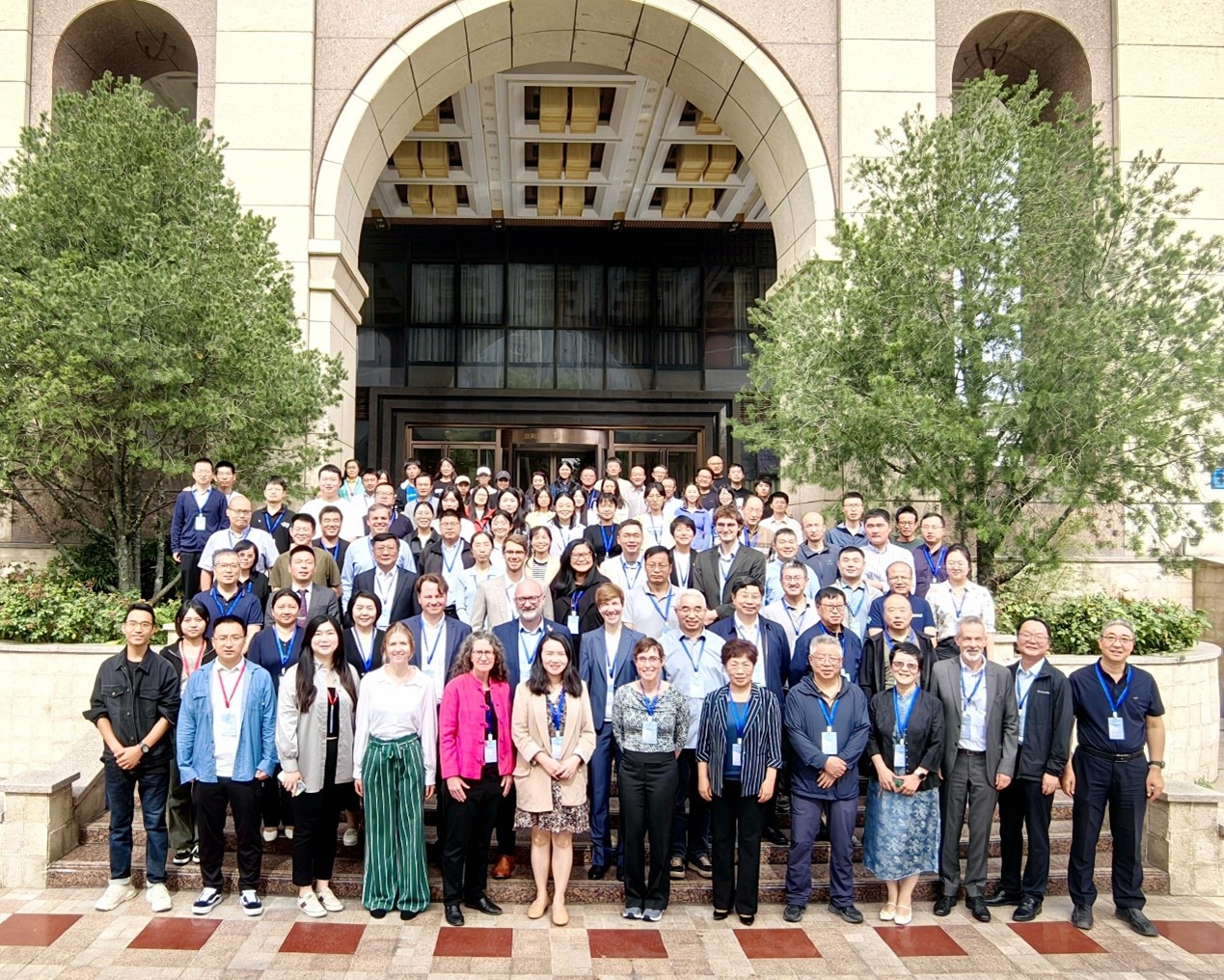


Updatetime:2024-12-22
【Enlarge】【Reduce】
Due to global warming, Earth's cryosphere is changing dramatically. Snow and ice are crucial for the world's freshwater supply, ecosystems, agriculture, and human communities. Glaciers and snowpack are decreasing globally, contributing to glacial lake outburst flood risks. Mass loss from mountain glaciers and the Greenland and Antarctic ice sheets, significantly contributes to sea-level rise, with irreversible ice loss potentially locking in higher sea levels for centuries without a swift transition to zero-carbon economies. Arctic and Antarctic sea ice extent and thickness have both declined, potentially affecting global weather and ocean currents. Permafrost thaw carbon emissions are increasing, impacting the global carbon budget; permafrost collapse also causes infrastructure damage. Polar oceans are rapidly acidifying, warming, and freshening, affecting high-latitude fisheries.
The international workshop on cryosphere and climate change was successfully held from September 13 to 14, 2024 in Beijing, China. By bringing together leading Chinese and international cryosphere scientists, this international workshop focused on the latest results on cryosphere changes under global warming, and the impacts of current and projected cryosphere loss across the planet, allowing time for panel discussions on research gaps and future perspectives in the light of the Paris Agreement and needed cryosphere contributions as the Seventh IPCC Assessment Cycle (AR7) begins, and explored the ways to communicate changes to policymakers. This international workshop was organized by the China Society of Cryospheric Science (CSCS), Key Laboratory of Cryospheric Science and Frozen Soil Engineering (KLCSFSE), Northwest Institute of Eco-Environment and Resources (NIEER, CAS), International Cryosphere Climate Initiative (ICCI), Chinese National Committee for International Association of Cryospheric Sciences (CNC-IACS), and Commission on Cryospheric Science and Sustainable Development, Geographical Society of China (GSC).
